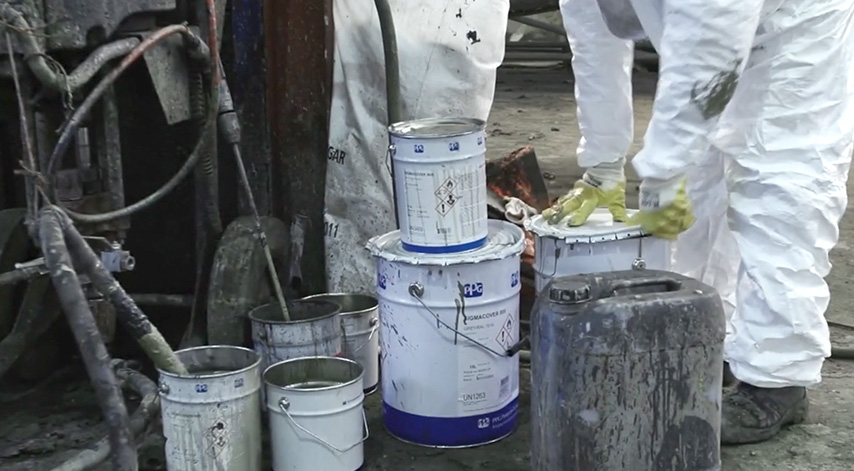Table of contents

Recycling offers a huge opportunity, but too often it stays with fine words
3 minutes
1 March 2020
Table of contents
Statistics Netherlands reports good figures on the circular economy. Dutch material consumption per inhabitant is lower than the average in the EU and the raw material footprint is smaller. The Netherlands also recycles a lot: 1700 kilos per year per inhabitant. That's great news, but it can and must be even better. Politicians must not only express ambitions, but also dare to take major decisions.
Ambitions abound. The government wants zero waste by 2050 and a halving of raw material use by 2030. But between ambition and reality stand the practical laws of ingrained habits and economic laws. For example, a campaign is currently being launched to encourage people not to throw away broken items, but to repair them. A nice goal. But if the convenience and cost of buying something new are more attractive than repairing it, there won't be any significant behavioral change. To realize great ambitions, we should not focus on sympathetic campaigns, but tackle the problem at the source.
Dutch waste companies are among the most advanced in the world in terms of technology, which means that many raw materials can be reused. The problem is that they are bought far too little. Primary (non-recycled) raw materials on international markets are relatively cheap. For example, a company in Emmen that made granules from recycled plastic recently closed its doors. The reason: it couldn't wear out the new raw material.
In other material chains it is also difficult to compete against 'normal' production with primary raw materials. This is where the circular economy comes to a halt and the government is desperately needed as market master.
The words are big, but the effect of the pacts is likely to be tiny
So far, Minister Van Veldhoven (infrastructure and the environment) has made 'pacts' with the business community to change this. Here too, the ambitions are great and the words sympathetic. Through 'ecodesign', more recycled raw materials should be used in their products. But those agreements are non-binding and in practice the really big steps are not taken. Even national, provincial and municipal governments are quite sparing in their use of recycled raw materials. Although the words are big, the effect of these pacts is likely to be tiny.
So far, Minister Van Veldhoven (infrastructure and the environment) has made 'pacts' with the business community to change this. Here too, the ambitions are great and the words sympathetic. Through 'ecodesign', more recycled raw materials should be used in their products. But those agreements are non-binding and in practice the really big steps are not taken. Even national, provincial and municipal governments are quite sparing in their use of recycled raw materials. Although the words are big, the effect of these pacts is likely to be tiny.
The Dutch government often argues that intervention in the market is only possible at an international level. If so, a huge opportunity will present itself soon. In a few weeks, European Commissioner Timmermans will present an agenda to make the use of raw materials greener. The Netherlands should seize this opportunity to make the requirements as strict as possible. Not just for the benefit of the Netherlands and Europe, but as a concrete intervention in the global economy.
If the European Union were to use its consumer market of around half a billion inhabitants to go green, we could speak of a real, global impact.
As far as Dutch waste companies are concerned, producers from within and outside the EU must be obliged to use less primary raw materials step by step for products they want to sell here. High requirements must also be set in order to extend the lifespan of products. In addition, the reparability and reusability of products must be increased in the design phase and products must be designed in such a way that they are easy to disassemble. Some inferior materials, such as certain low-grade plastics, simply require a ban.
Environmental policy and the circular economy must emerge from the groove of the sympathetic symbolic politics and be realized on a really large scale. Grab that chance, Dutch government!
Source: Boris van der Ham and Robbert Loos, www.trouw.nl


